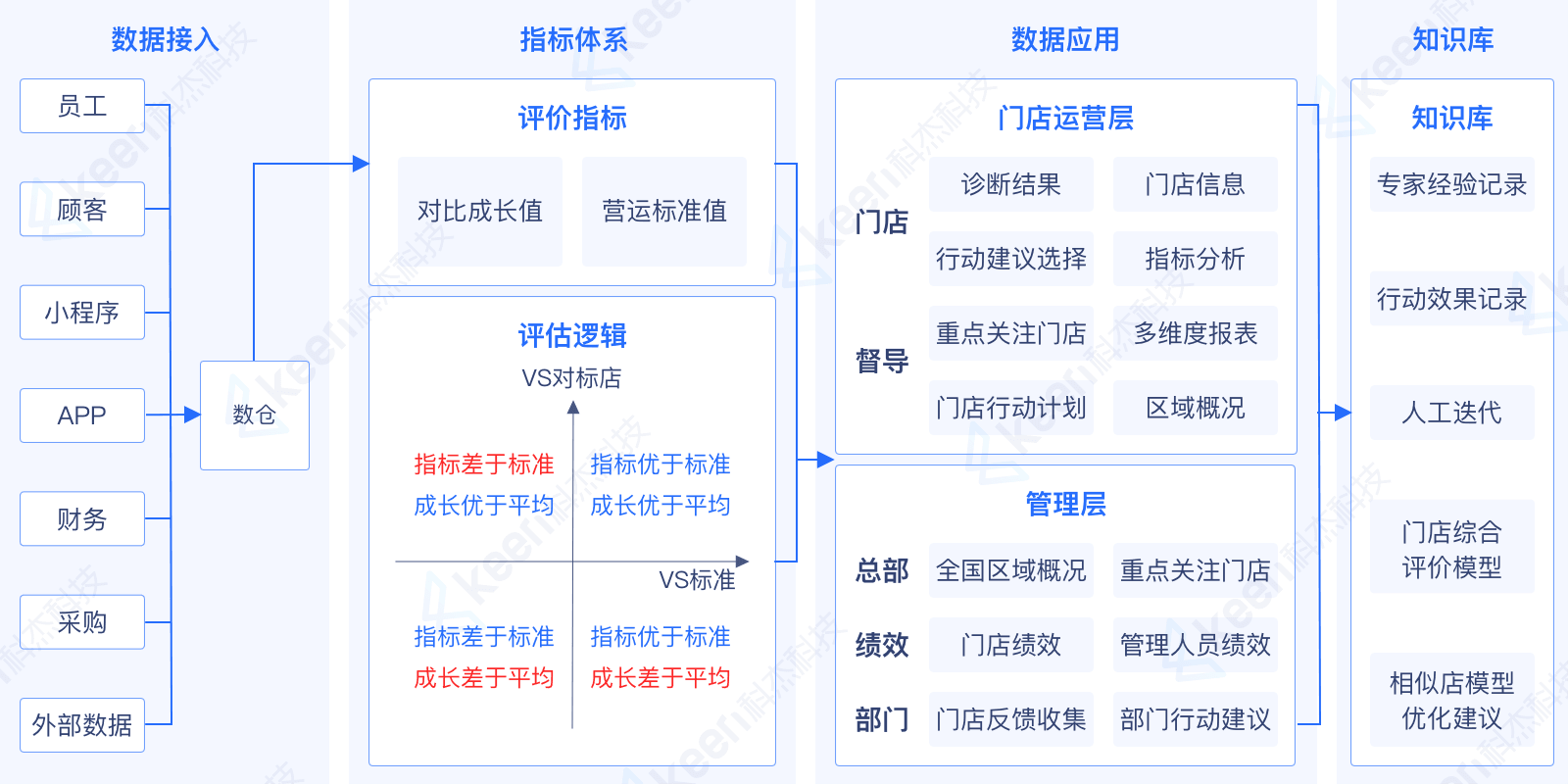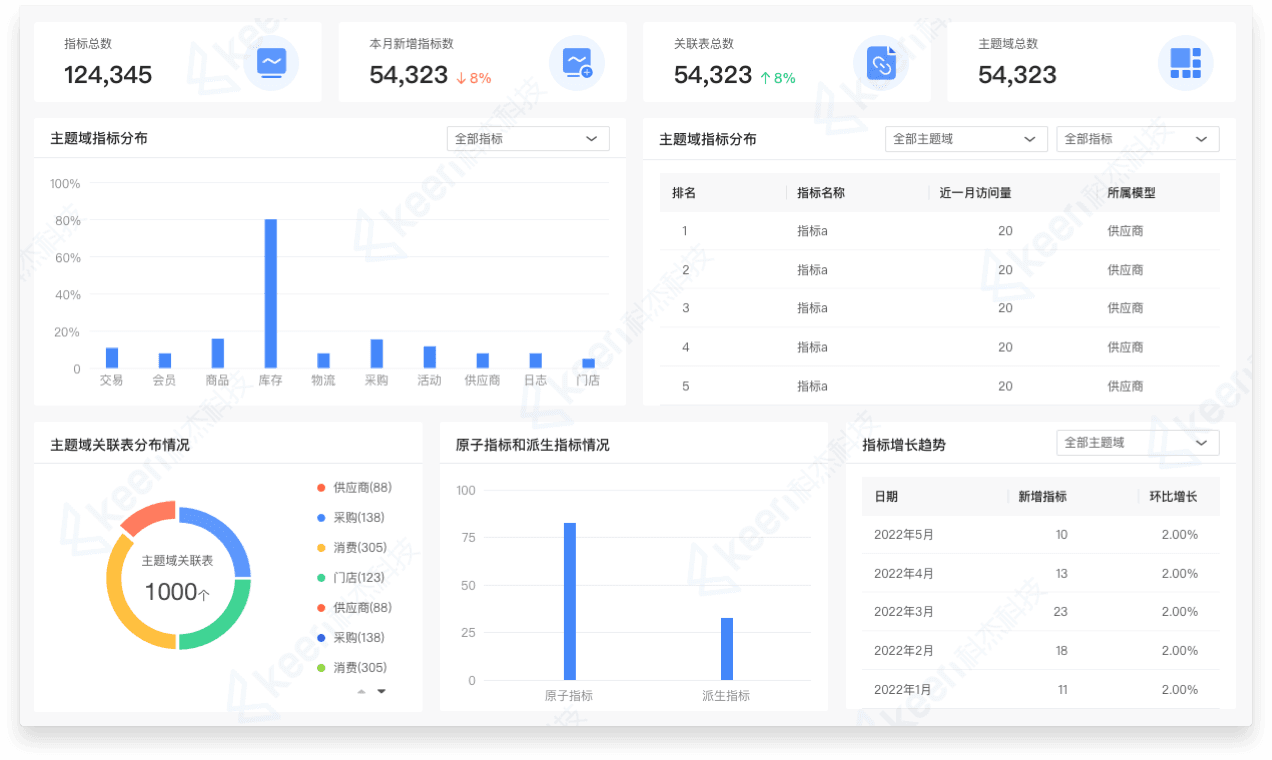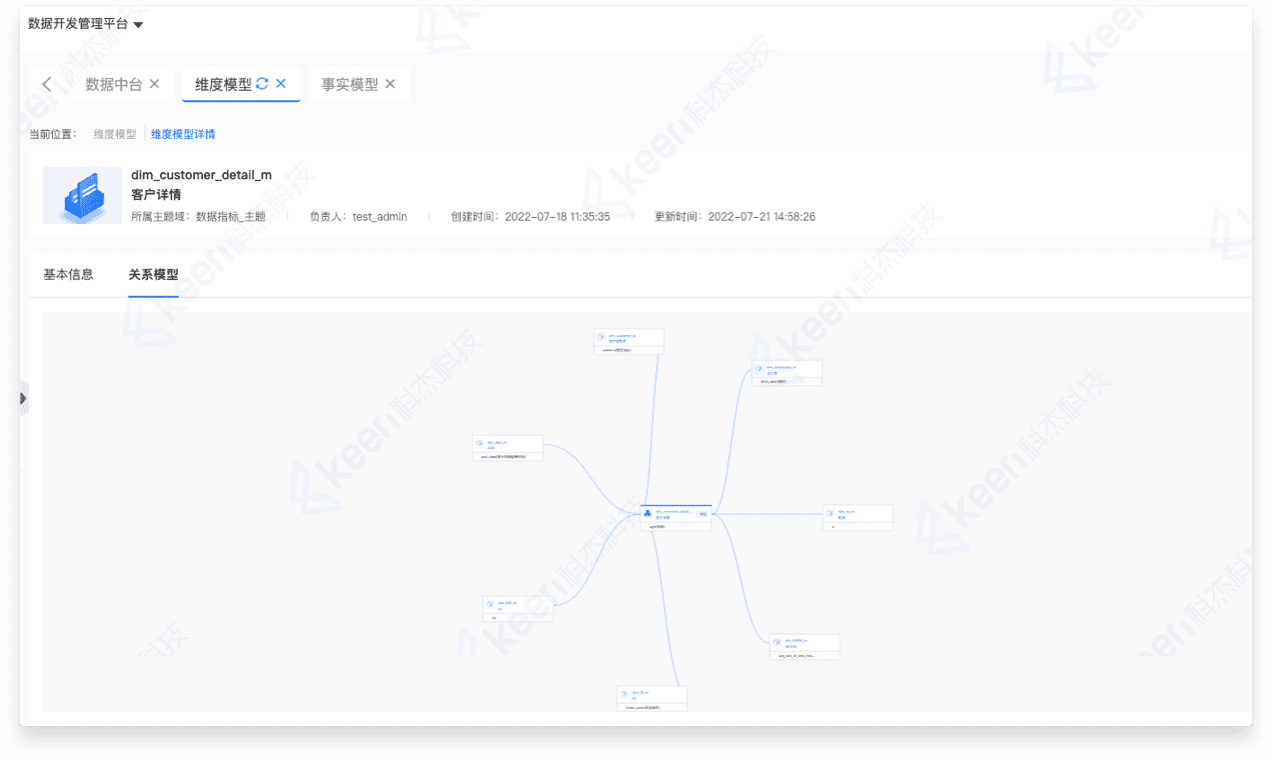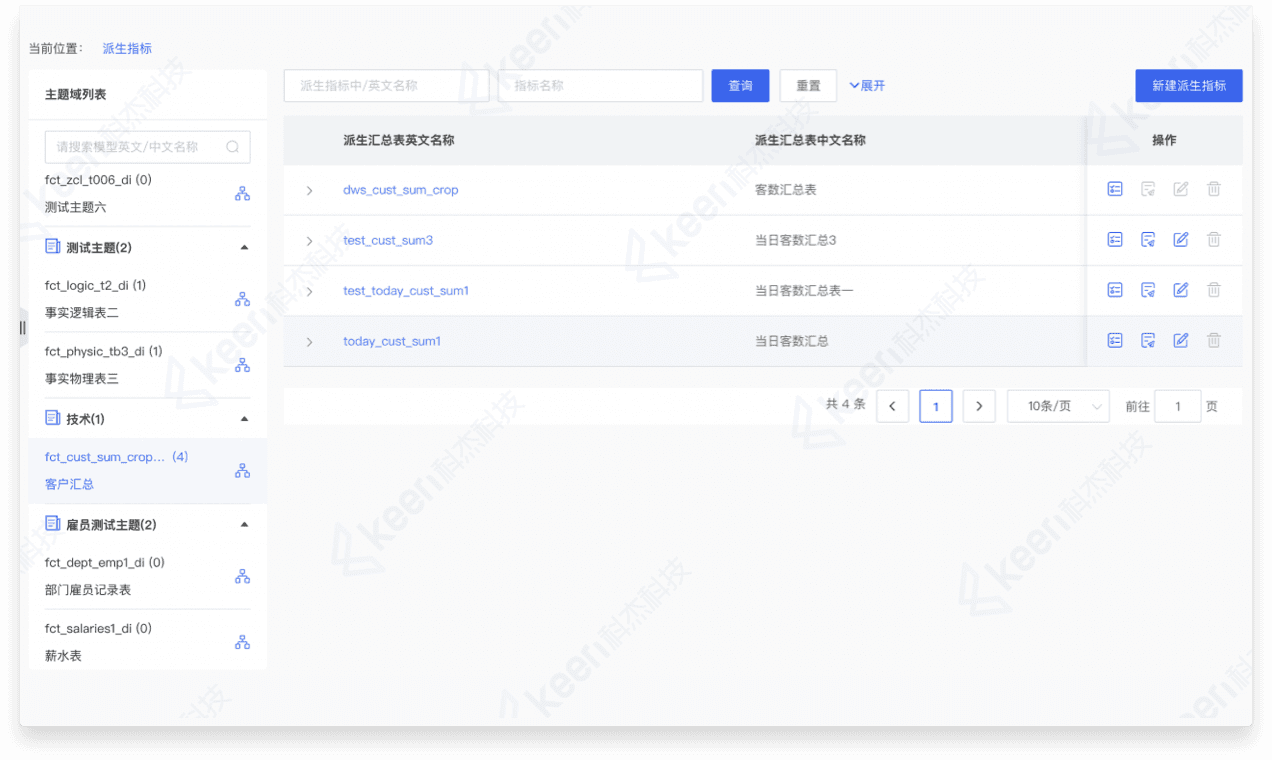The metrics platform is positioned as an enterprise-level, one-stop metrics management platform capable of organizing a comprehensive set of metric systems for enterprises. It establishes a unified metrics management center, offering core functionalities such as metrics management, standard definition management, and model management. It provides a clear depiction of the entire process of enterprise metric data, from specifications, sources, calculations, storage, to application. This platform ensures data sharing, standardized management, and uniformity in specifications for various types of metric data related to business decision-making, regulatory submissions, risk management, financial management, and more.
Product Features
-

Metrics Management
The metrics platform facilitates lifecycle management and unified rules for metrics, establishing metrics standards.
-

Assetization of Metrics
The metrics platform organizes various business metrics into a system, gradually transforming them into assets.
-

Flexible Metrics Configuration
The metric platform supports flexible data source configuration and unified management of all data sources involved in the metric system. It also enables custom modeling for data models.
-

Standardized Indicator Sharing
The metrics platform standardizes metrics for enterprises, unifying metrics specifications to facilitate subsequent metrics sharing and application.
-

High Platform Performance
The metrics platform supports parallel data computation to ensure efficient data processing.
-

Platform Reliability
All metrics data on the metrics platform are persistently stored in the database, preventing data loss due to user errors.
Features
Indicator Assets
Indicator assets support an overview and query of indicator assets, providing users with a multi-dimensional indicator data asset. It supports two ways of viewing: All Indicators and My Indicators, to meet various business needs.
Indicator Modeling
It supports the custom creation of models required for atomic indicators, derived indicators, and business constraints. This includes dimensional models and fact models, which have two creation methods: logical creation and physical creation.
Derived Indicators
Derived indicators are composed of atomic indicators, time periods, and modifiers, and are used to reflect the business status of a certain business activity within a specified time period and target scope of an enterprise. For example, the sales amount in Shanghai for a certain enterprise in the past week.
Application Scenarios
-

Digital Operation Management of Retail Stores
Management of Business Metrics
Establish unified and standardized rules for metric management.
Accumulation of Metric Assets
Transform past metric data into assetized form for easy utilization.
Support for Marketing Data Dashboards
Provide data support for marketing applications by gaining insights into real-time dynamics of online and offline consumers.
Learn more,
start your data intelligence journey now
Contact Us (09:00-18:00)
Technical Support
support@keendata.com








